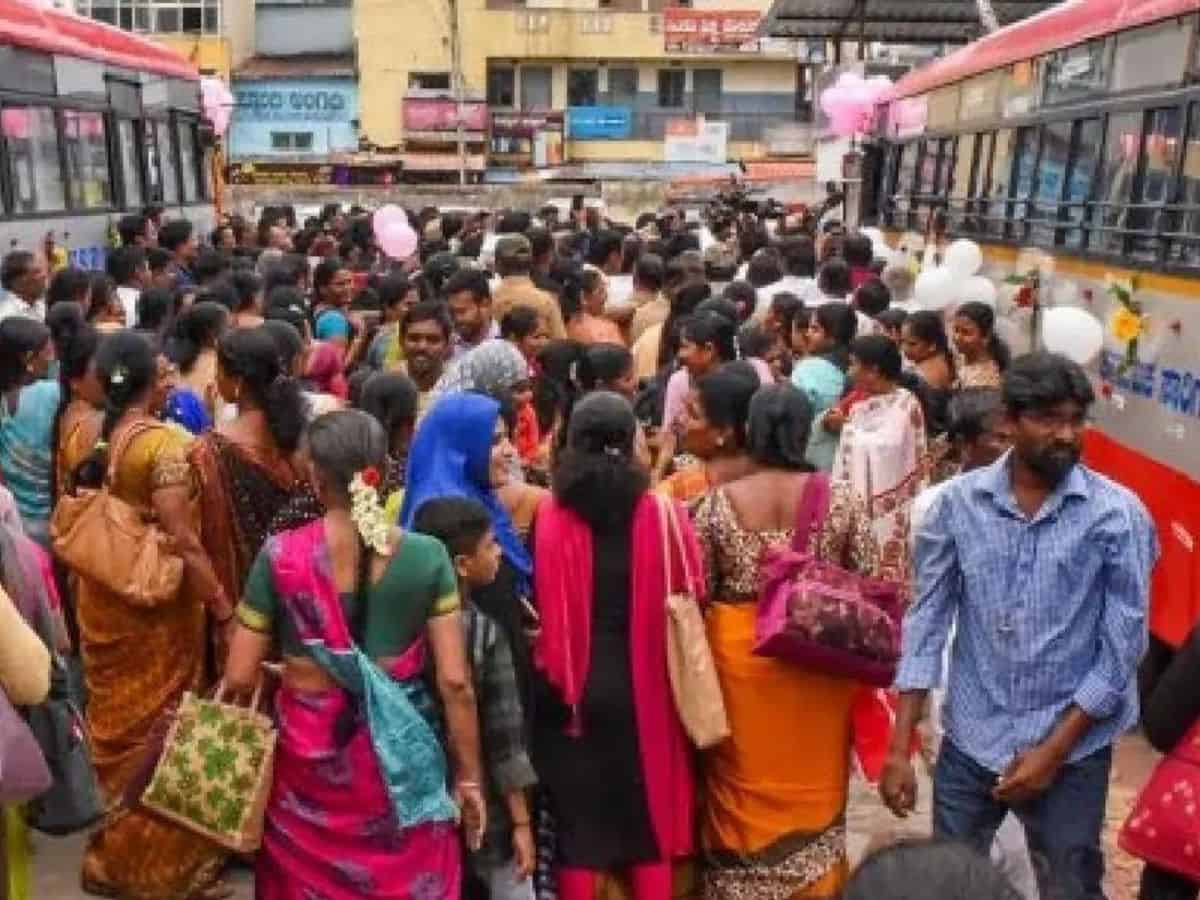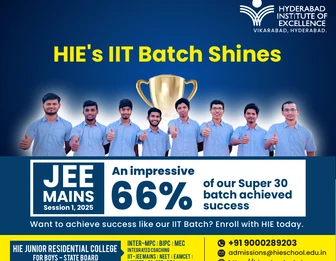
Bengaluru: The ‘Shakti’ scheme, a flagship initiative providing free bus fares for women launched on July 11, has seen remarkable success in increasing the number of passengers across Karnataka. However, the unprecedented surge in bus commuters, including both women and men, has exposed the limitations of the existing bus infrastructure, leading to congestion, discomfort, and a series of challenges at bus stops.
Before the implementation of the ‘Shakti’ scheme, approximately 84.5 lakh people traveled daily on state transport buses. Since the introduction of the scheme, this number has surged to around 1.06 crore passengers per day. While 55 percent are women, 45 percent are men, reflecting a broader demographic shift in bus usage.
Ridership is up, but the number of buses, not as much
The ‘Shakti’ scheme has enabled more women to visit religious centers, temples, and tourist spots, leading to family trips. Men are also increasingly opting for bus travel for family functions, including marriages.
Female laborers and street vendors, who used to walk for kilometers, now opt for buses. Women working in various sectors, including garments, have switched from two-wheelers to buses, reducing fuel costs.
While the scheme has been a success in encouraging public transportation, the lack of a proportional increase in the number of buses poses significant challenges. The Karnataka Road Transport Corporation (KSRTC), Bangalore Metropolitan Transport Corporation (BMTC), North West Karnataka Road Transport Corporation (NWKRTC), and Kalyan Karnataka Road Transport Corporation (KKRTC) collectively operate 24,352 buses. However, only 22,017 buses are currently in operation.
The 30 percent increase in total passengers would require an additional 3,000 buses. The scarcity of buses has led to overcrowded buses, impacting government employees, students, and monthly pass holders. Despite the addition of 620 new buses by KKRTC, traffic congestion remains a challenge. The surge in passengers has also strained infrastructure at bus stops. Issues include inadequate facilities for toilets, clean drinking water, and seating, contributing to incidents of pickpocketing and theft.
Passenger testimonials reflect the challenges
A woman passenger from Kollegala to Chamarajanagara said that boarding the bus was a ‘big adventure.’
“The conductor could not even move around to issue tickets. Passengers jostled to board the bus. The overcrowding and the humorous response of a passenger, ‘All those Aadhaar cards will work even if tickets are not given,’ led to laughter among the men.”
“I was waiting for the bus for four hours to go to K R Nagara in Mysuru district. Three to four buses arrived, but everything was filling up. There is no seat in either. It is different from jostling to board the bus. How can I take my 8-year-old son and climb?” asked one more passanger̤.
V Anbukumar, Managing Director of KSRTC told reporters that the KSRTC launched a tender process to purchase ̄ 250 buses to all four transport corporations. “The procurement would take 4-5 months,” he said.




